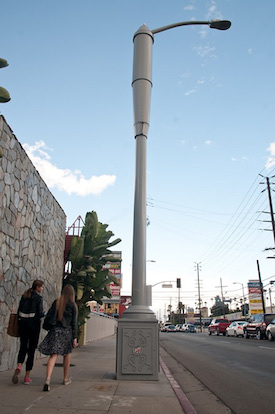Sailfish mobile OS development is shuddering to a halt

Another attempt to build an alternative to the Android mobile operating system is circling ever closer to the drain. A Nokia spin-off, Jolla, is laying off about half of its employees because an expected new round of investment didn’t come through. That means that development of its Sailfish operating system will be on the back burner. According to a story in TechCrunch, Jolla’s chairman, Antii Saaarnio, they need the money in order to hang onto talent…
… More“We are of course hoping that these are temporary actions… And we are committed to continue the company but really this depends on the external investors as well, how are we able to continue operations,” Saaarnio adds…
However he concedes it would be unable to retain the talent and fund the expensive development work needed to ensure its Sailfish OS is competitive against more well-resourced mobile OS rivals.



![Simon Černe from sl [GFDL (https://www.gnu.org/copyleft/fdl.html)], via Wikimedia Commons](https://www.tellusventure.com/images/2015/11/silos.jpg)



![By U.S. Navy photo by Mass Communication Specialist 2nd Class Kitt Amaritnant [Public domain], via Wikimedia Commons](https://www.tellusventure.com/images/2015/11/customs_inspection.jpg)
![By Museum claims ownership - Exhibit: 64-861 [Public domain], via Wikimedia Commons](https://www.tellusventure.com/images/2015/11/dewey_defeats_truman.jpg)
![By Raysonho @ Open Grid Scheduler / Grid Engine (Own work) [CC0], via Wikimedia Commons](https://www.tellusventure.com/images/2015/11/airbnb.jpg)